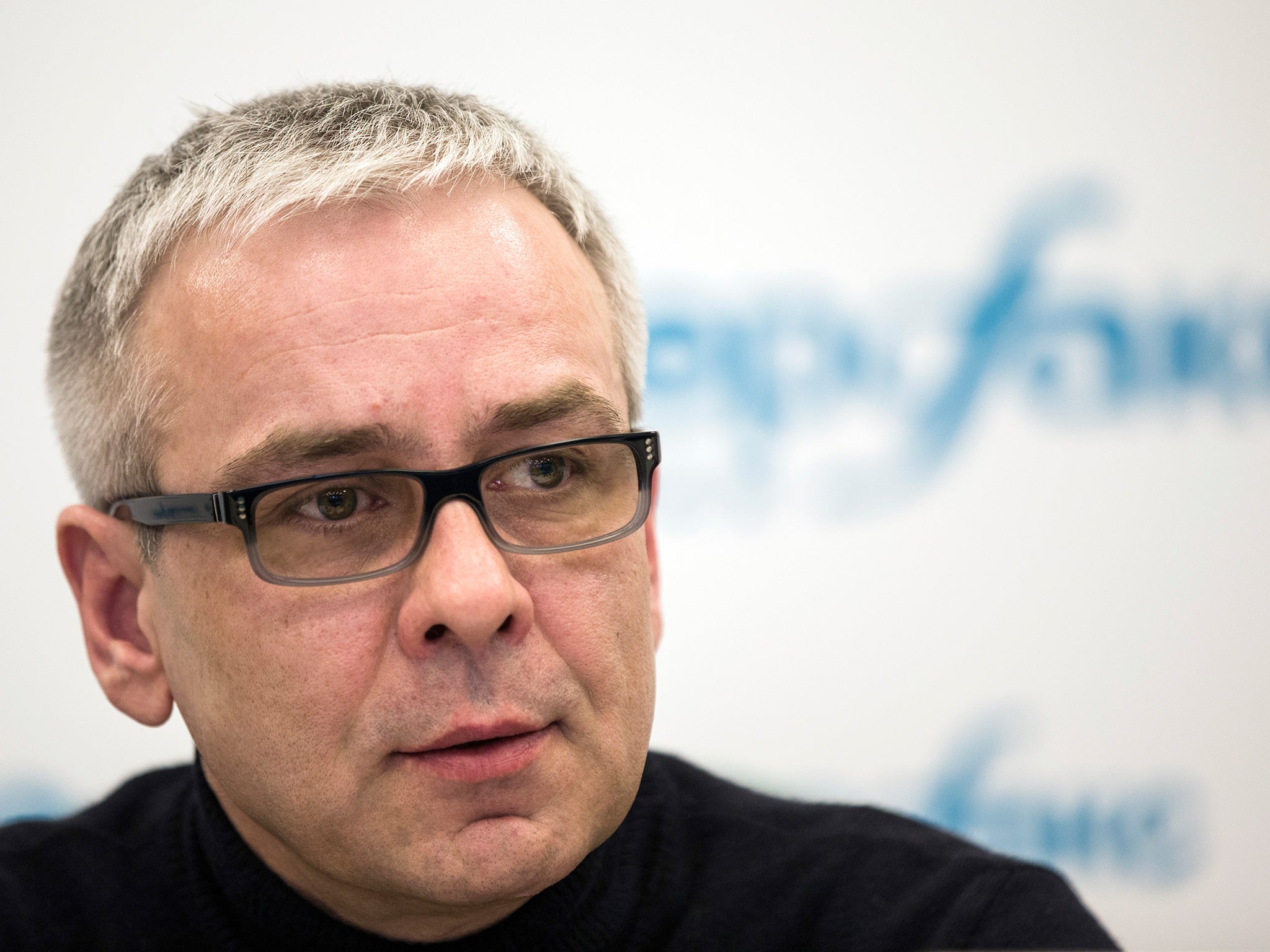Alexander Litvinenko murder inquiry: Prime suspect Dmitry Kovtun accused of 'manipulating legal process' after declining to testify
Mr Kovtun is one of two men believed to have poisoned Mr Litvinenko in 2006

A prime suspect in the murder of former Russian agent Alexander Litvinenko has been accused of attempting to “manipulate” the legal process following his 11th-hour refusal to give evidence to the public inquiry into the killing.
Dmitry Kovtun, one of two men believed by the British authorities to have poisoned Mr Litvinenko with radioactive polonium in 2006, had been due to give evidence via videolink from Moscow but declined to testify after claiming he was barred from doing so by Russian law.
The businessman, who had initially refused to co-operate with the inquiry but then secured a four-month delay in the proceedings after he agreed to give evidence, was given until 9am on Tuesday by judge Sir Robert Owen as a final chance to provide his testimony.
Sir Robert said he had the “gravest suspicion” that Mr Kovtun was looking for excuses to claim that he had sought to tell his story but had been ultimately thwarted by circumstances beyond his control.
The judge, sitting at the Royal Courts of Justice in central London, said: “The facts… give rise in my mind to the gravest suspicion that an attempt is being made to manipulate the situation.”
Lawyers acting for Mr Litvinenko’s widow, Marina, claimed that both Mr Kovtun and the Russian state were acting in concert to interfere with the progress of the inquiry.
Addressing Sir Robert, Ben Emmerson QC, for Mrs Litvinenko, said: “I can only endorse your concerns that it appears that these proceedings are being manipulated in a coordinated way between Mr Kovtun, the murderer, and the Russian state that sent him to commit the murder, a continuation of a collaboration that began in 2006.”
Mr Emmerson added it was right to give Mr Kovtun one final chance to provide his evidence, if only to ensure that it could be shown that the British authorities had given every opportunity to him to testify.
The Kremlin has long denied any involvement in the killing of Mr Litvinenko, 43, a former agent in the Russian FSB security service who had fled to London before he was poisoned in a Mayfair hotel when polonium poured into his tea.
Doubts first emerged last Friday that Mr Kovtun, who is believed to have carried out the poisoning with another ex-KGB operative Andrei Lugovoi, was not going to give evidence as planned. Three days had been set aside this week to hear his account.
Mr Kovtun claimed he was prevented from testifying because he had signed a confidentiality agreement with Russian investigators which could only be lifted if the British authorities applied directly to them.
The inquiry was told that while it was true that the businessman is bound by a non-disclosure clause imposed by Russian investigators, its removal was in reality reliant on an application to do so by Mr Kovtun, who in turn had made no such move.
Mr Kovtun, a former Soviet army officer, denied that he was deliberately seeking to renege on his agreement to give evidence. The inquiry heard last week that it was believed the suspect had only agreed to testify to gain access to detailed material provided to “core participants” in the inquiry.
Mr Kovtun said he had been unable to contact the Russian investigators to seek permission to speak to the British inquiry. He told BBC News: “Even if the investigator, who I have not been able to reach, gave me permission he would still have to make a decision on how much information I could disclose.”
Last week an anonymous German witness told the inquiry that Mr Kovtun had told him in 2006 that Mr Litvinenko was a “traitor” and he would be making a trip to London to kill the dissident by putting a “very expensive poision” in his food or drink.
Mr Kovtun said earlier this year that he believes Mr Litvinenko, who blamed Russian president Vladimir Putin for his assassination, killed himself accidentally by handling polonium.
Subscribe to Independent Premium to bookmark this article
Want to bookmark your favourite articles and stories to read or reference later? Start your Independent Premium subscription today.
